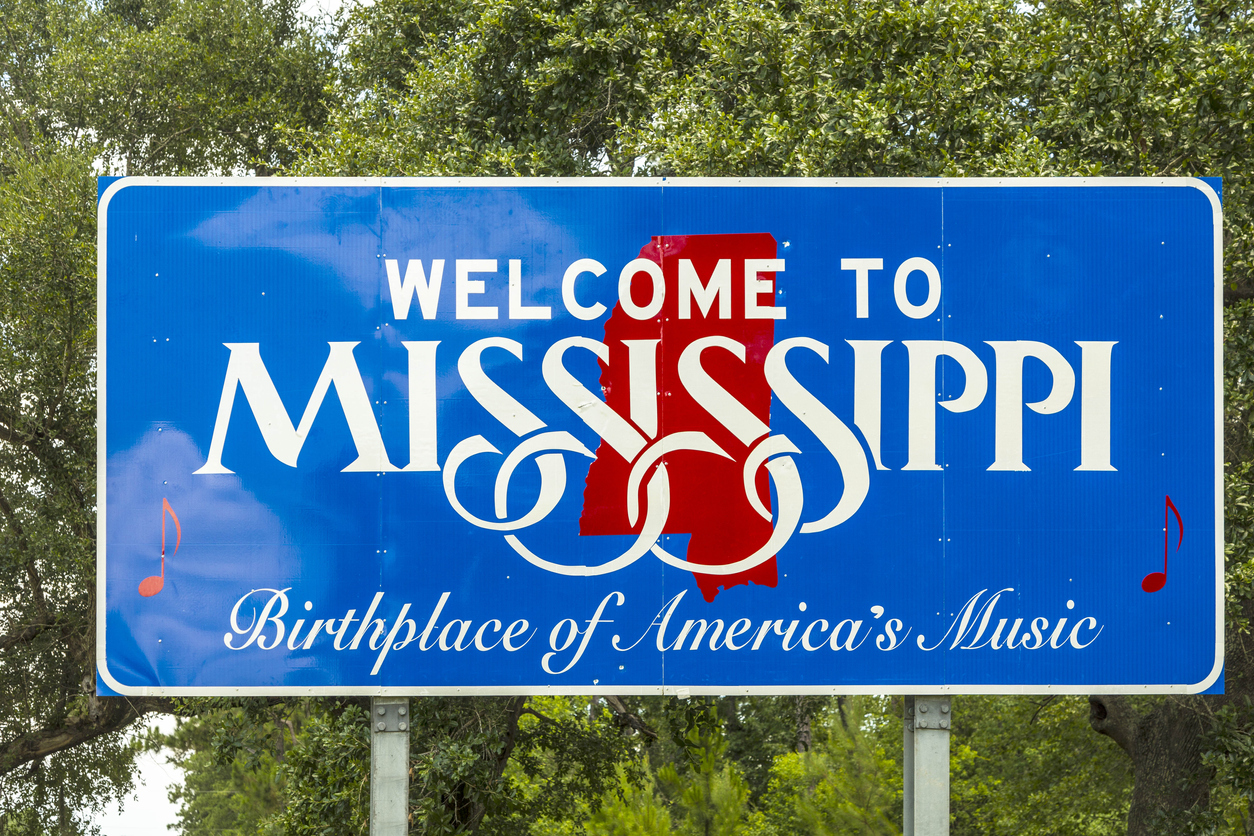The principle that once you give something, you can’t ask for it back has been deeply ingrained since childhood. It is born from the idea that when you give, you give freely and without obligation. Like many playground rules, the principle has worked its way into law. The Voluntary Payment Doctrine (VPD) made its first appearance in civil law in the English case of Bilbie v. Lumley holding “that the money having been paid with full knowledge, or with full means of knowledge of all the circumstances could not now be recovered back again.”1
The VPD is based upon “voluntary” payment, meaning payment without a legal obligation to do so. The doctrine has proved to be very harsh to payors that have taken a lackadaisical approach to determining whether there is a valid legal obligation requiring payment or an approach to conveniently pay first, then dispute the payment.2 Some jurisdictions have developed exceptions to the doctrine to prevent such a heavy-handed application. Florida, has taken an altogether different approach and has abrogated the doctrine through statute.3 Yet Georgia has codified it as a defense to recovery.4
In the case of a payment made under a contractual obligation, clearly the doctrine does not apply. But does it apply to an arguable contractual obligation? Evolved jurisprudence, as noted above, generally suggests that it is the payor’s duty to determine whether the legal obligation exists prior to payment.
In Colony, a plaintiff insurer’s recent case on appeal from the Southern District Court of Mississippi (Southern District), the Fifth Circuit Court of Appeals (Fifth Circuit) certified questions regarding the application of the VPD to the Mississippi Supreme Court.5 Though Colony disputed that Omega was a named insured under its policy issued to Accu-Fab, it paid the defense of Omega and the settlement of the claim against it. After the settlement, Colony sued First Specialty, the primary insurer of Omega, seeking repayment of defense costs and settlement proceeds. First Specialty pled the affirmative defense of VPD. The Southern District found in favor of First Specialty and ruled that Colony was not entitled to recovery for payments voluntarily made.
Upon review, the Fifth Circuit found Mississippi’s voluntary payment doctrine provides that “[a] voluntary payment cannot be recovered back.”6 The Fifth Circuit found there was no binding precedent set in Mississippi on the exact issue at hand and certified two questions to the Mississippi Supreme Court regarding the application of VPD in light of the arguments of compulsion and action in the legal duty of good faith.
In the insurance context, the Mississippi Supreme Court has held “payment by an insurer which properly undertakes a burden of settlement or defense does not render it a volunteer, not entitled to recover.”7 Further, Mississippi “has held that the voluntary payment doctrine does not preclude an insurer from recovering a settlement payment made on behalf of an insured, provided the insurer ‘can prove it was legally liable to settle, and that the amount it paid . . . was reasonable.’”8 In Guidant II, the Mississippi Supreme Court subsequently explained that “the phrase ‘legally liable to settle’ mean[s] that [the insurer] must prove that it had a legal duty to settle, or at least a legal duty to consider the insured’s best interest and to make an honest evaluation of a settlement offer within the policy limits.”9
In this instance, Colony is arguing that Omega was not an additional insured, therefore it had no legal obligation to defend and settle the claim. Colony appears to be asserting a heads I lose, tails I lose, proposition.
_________________
1 Bilbie v. Lumley, 2 East 469 (102 ER 448) (1802).
2 See, Putnam v. Time Warner Cable of Southeaster Wisconsin, Ltd. Partnership, 255 Wis. 2d 447, 459-60, 649 N.W.2d 626 (2002) (“voluntariness goes to the willingness of a person to pay a bill without protest as to its correctness or legality.”).
3 See Fla. Stat. § 725.04 (2017); see also Prudential Ins. Co. v. Clark, 456 F.2d 932, 935 (5th Cir. 1972) (Fla. Stat. § 725.04 “negates the common law defense of voluntary payment”).
4 See GA Code § 13-1-13 (2017).
5 Colony Insurance Co. v. First Specialty Insurance Corp., Case No. 17- 60094, CA5 (cert. to MS S. Ct., April, 16, 2018).
6 Genesis Ins. Co. v. Wausau Ins. Co., 343 F.3d 733, 736 (5th Cir. 2003) (quoting McDaniel Bros. Constr. Co., Inc. v. Burk-Hallman Co., 175 So. 2d 603, 605 (1965)).
7 State Farm Mut. Auto. Ins. Co. v. Allstate Ins. Co., 255 So. 2d 667, 669 (Miss. 1971).
8 Guidant Mut. Ins. Co. v. Indem. Ins. Co. of N. Am., 13 So. 3d 1270, 1280 (Miss. 2009) (Guidant I).
9 Indem. Ins. Co. of N. Am. v. Guidant Mut. Ins. Co., 99 So. 3d 142, 151 (Miss. 2012) (Guidant II).




